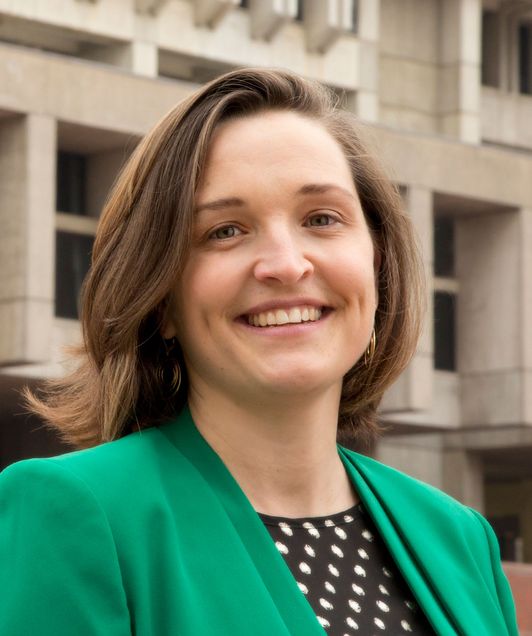Uncovering How to Work Together
In 2017, the Hariri Institute for Computing, along with the Initiative on Cities, held two workshops titled “Effective Community-University-Industry Collaboration Models for Smart and Connected Communities Research.” Attendees at these events included principal investigators, research directors, city officials, community partners, National Science Foundation (NSF) program managers, and federal agency and industry representatives. The primary focus of the conferences was cultivating “smart cities”: projects that would bring together computer science and engineering with social scientists and community stakeholders to evaluate and discuss community-sourced challenges.
A White Paper Summary

Katharine Lusk, Co-director of the Initiative on Cities, recently authored a synthesis of the key lessons that emerged from the workshops. The white paper “Lessons Learned in Effective Community-University-Industry Collaboration: Models for Smart and Connected Communities Research” highlights the factors that are important to nurturing trust and building productive and integrated teams. It is structured to address six questions posed to workshop participants:
- How do academic researchers and city practitioners initiate and invest in productive working relationships with one another?
- How do universities help motivate and contribute to the formation of multi-disciplinary faculty and student networks?
- How do cities identify and prioritize their operational and community challenges, and enlist appropriate partners to help tackle them?
- How can industry position itself to serve as an open and engaged research partner?
- How do relationships and projects transition to formalized, sustainable partnerships that simultaneously advance science and societal well-being?
- How can findings and knowledge be disseminated more broadly, beyond the project team and geography?
